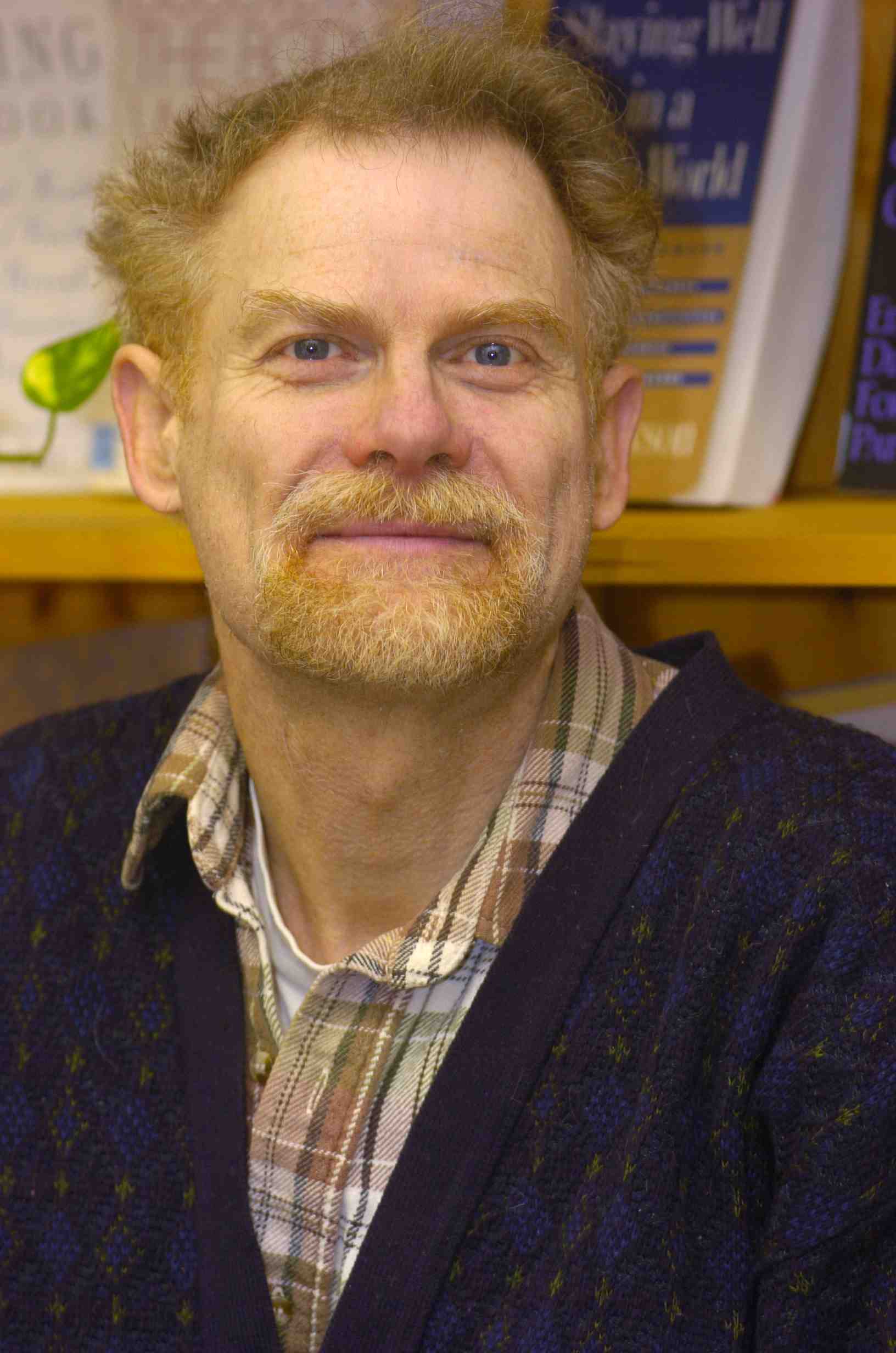Most American cities are today chained to crumbling and costly centralized grids-- sewers, freeways, power plants. Deep green technologies can gradually supplant these grey techs. Reliance on fossil fuel can be reduced toward zero, shrinking taxes by reducing repair fees.
Liz Robinson, whose Energy Coordinating Agency, trains people to insulate and weatherize, says, "You're going to be shocked how big these efforts are. The tipping point... is very exciting to see. Efficiencies are the cleanest, safest, most labor-intensive, and cheapest sources of energy."
Yet the deepest green jobs do even more than sharply cut fossil fuel dependence, and provide more than a paycheck. They serve the broader social mission to shift economic power toward lower-income neighborhoods. They replace the Poverty Industry (charity, police, courts, jails) with worker-owned neighborhood light industries. They enable low-skilled neighbors to employ one another to create work that lowers their living expenses.
Exemplary of such grassroots enterprise are Chicago's Center for Neighborhood Technology, and the Evergreen Cooperatives of Cleveland, sponsored by the Cleveland Foundation and the City of Cleveland. They grow fresh hydroponic vegetables, perform brownfield remediation, photovoltaic installation, weatherization, and operate a water-conserving nontoxic laundry.
In Philadelphia, Project RISE facilitates green business starts among ex-offenders and at-risk youth. Says director Bernadine Hawes, "The vision should be based on what the population being served sees, and not just on the standards and traditions of the professional business development community."
John Churchville, green jobs planner for the American Cities Foundation, agrees. "The mind switch from seeking a job to creating a green business has the potential to single-handedly bring our entire nation back from the brink of economic ruin. Building a green economy that has the capacity to employ the majority of America's unemployed and underemployed residents will be critical for our future..."
Addressing America's loss of millions factory jobs during the previous 40 years, Leanne Krueger-Braneky, Director of the Sustainable Business Network says, "the time is right for a fresh, invigorating and equitable conversation about local sustainable manufacturing..."
Philadelphia's Director of Sustainability, Katherine Gajewski, reports that "most clean economy jobs will require literacy in math, science and computer literacy. The best way to make sure that ex-offenders and unemployed residents can get access to those jobs is for them to upgrade those foundational skills."
These important skills particularly serve the higher-tech corporate green jobs that might some day hire a few hundred thousands jobless. However, as Green For All founder Van Jones says, "There should be a moral principle there that says, let's green the ghetto first. Let's go to those communities where they have the least ability to pay for that retrofit and make sure they get that help, make sure they get that support. And give the young people standing on those corners the opportunity to put down those handguns and pick up some caulking guns and be a part of the solution."
By his standard, the most urgent task is not to employ a few hundred people in solar/wind factories, paying them so well they can become grander consumers, but to create useful work for all idle Philadelphians, so they're warm and fed and respected without resorting to crime.
The deepest green jobs aim to entirely rebuild American cities toward balance with nature. This is the explicit intent of "Deep Green Cities: Fulfilling the Green Jobs Promise," a new book by the California Construction Academy. Ecocity Builders envisions "the global rebuilding of cities and towns based on ecological principles." The group Carfree Cities declares,"We can convert existing cities to the carfree model over a period of decades. Venice, Italy, is an oasis of peace despite being one of the densest urban areas on earth." Deepest imaginable green is "Los Angeles: A History of the Future," which portrays America's car capitol thriving without cars or streets, where millions reside in passive solar earth-sheltered "ecolonies" amid massive orchards linked with bikepaths and rail.
Take your pick. On every scale, there's plenty of green work to be done.
Paul Glover is editor of Green Jobs Philly News, founder of Ithaca HOURS local currency, the Philadelphia Orchard Project, Citizen Planners of Los Angeles and a dozen other grassroots organizations. He consults as Greenplanners.
|
Rate It | View Ratings |

OpEdNews depends upon can't survive without your help.
If you value this article and the work of OpEdNews, please either Donate or Purchase a premium membership.
If you've enjoyed this, sign up for our daily or weekly newsletter to get lots of great progressive content.
Most Popular Articles by this Author: (View All Most Popular Articles by this Author)
Why Liberals Vote for Fascists
Medical Insurance is a Cruel Industry. Here's how to end it.
Deep Green Jobs
Labor: the New Gold Standard
Atlas Bummed: The Federal Reserve Board Worries About Us
Philadelphia's Poverty Industry
To View Comments or Join the Conversation:






